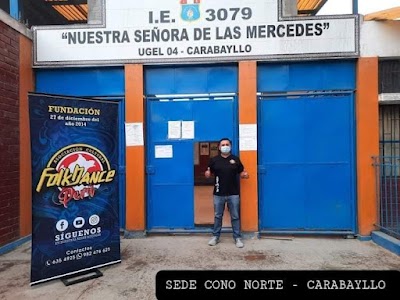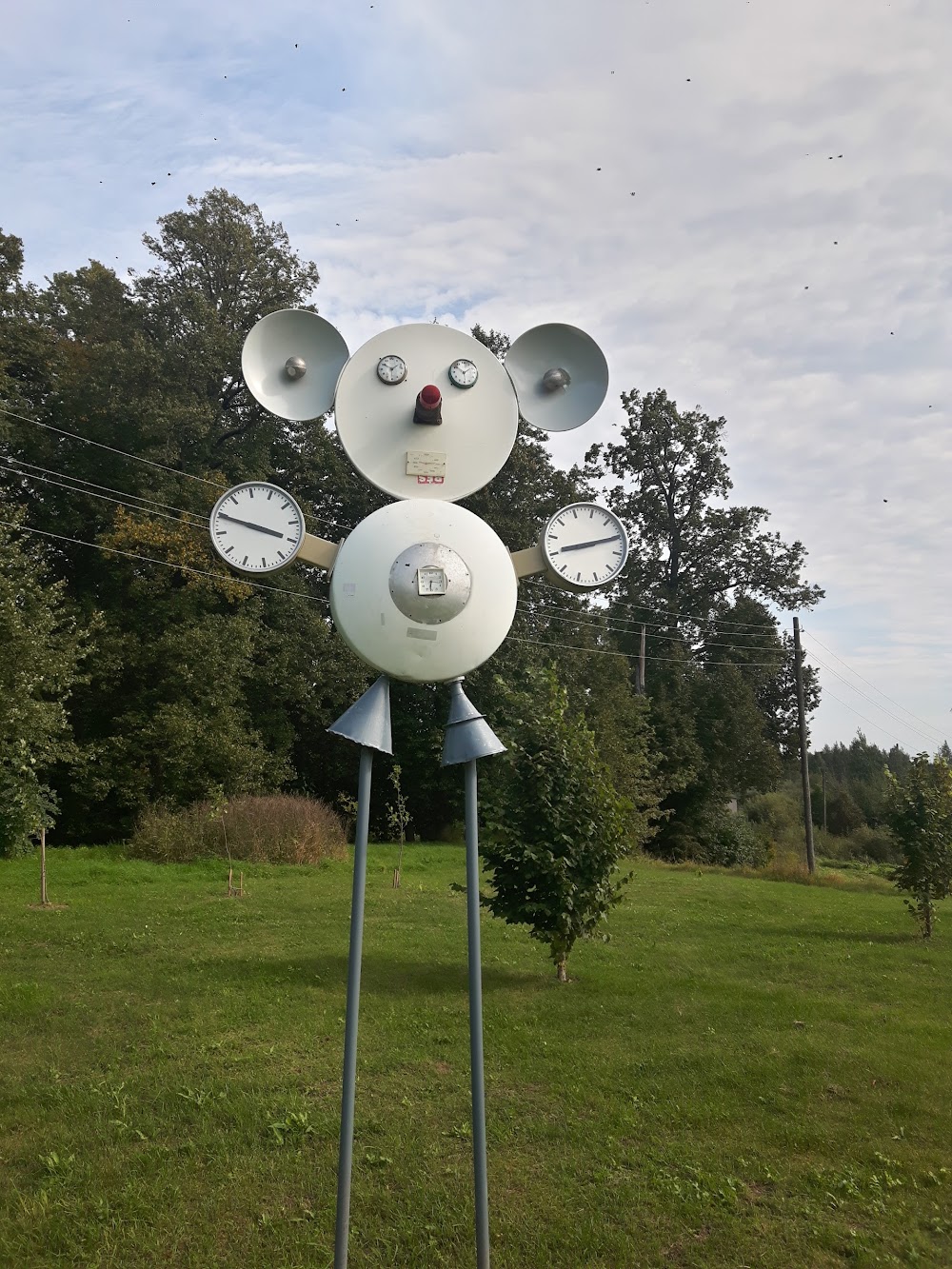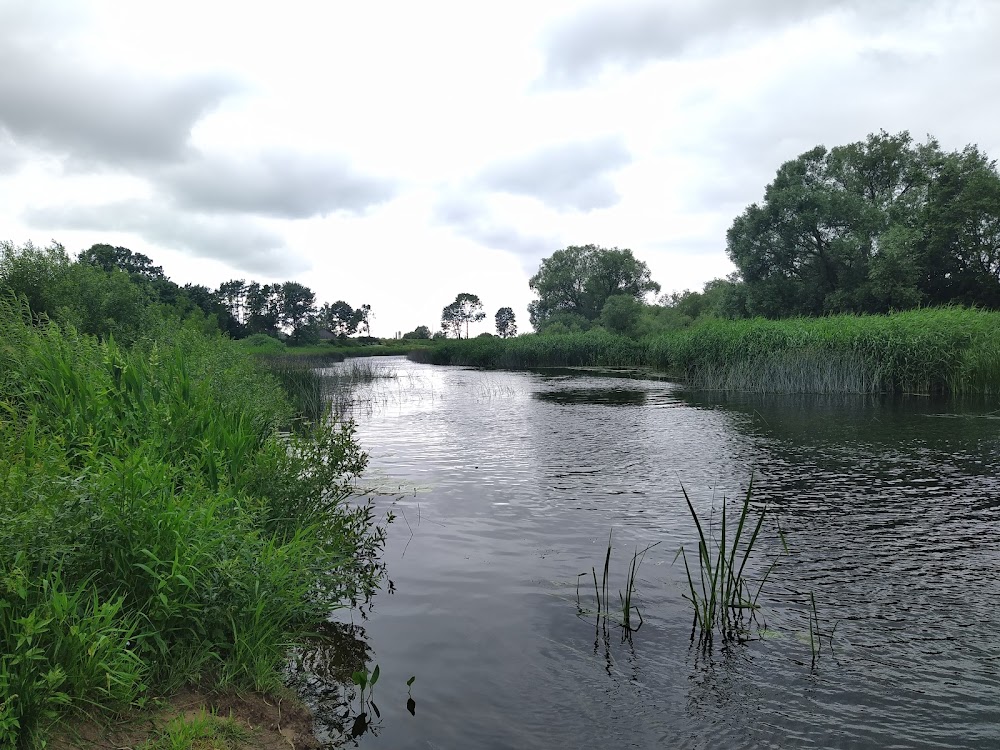Rucava Village Museum (Rucavas ciema muzejs)
Overview
Located in the scenic Nīca Municipality of Latvia, the Rucava Village Museum offers a captivating glimpse into the region's rich cultural tapestry and historical heritage. This quaint museum is not just a repository of artifacts; it serves as a vibrant testimony to the enduring traditions and lifestyle of the people of Rucava.
The museum is housed in a traditional wooden building, which itself is a piece of history, reflecting the architectural style characteristic of Latvian rural areas for centuries. Established in 1990, the museum aims to preserve and promote local cultural heritage. It functions as a conservatory for unique customs, clothing, tools, and everyday items that were once commonplace in Rucava.
One of the most fascinating aspects of the Rucava Village Museum is its extensive collection of traditional folk costumes. The intricate weaving, embroidery, and crafting techniques used in these garments offer valuable insights into the skills and aesthetic sensibilities of the region’s past inhabitants. These costumes are not only visually stunning but also rich in symbolism, often featuring motifs and patterns that hold specific meanings passed down through generations.
Visitors to the museum will also have the opportunity to explore a variety of household items that were integral to daily life in historical Rucava. From kitchenware to agricultural tools, the exhibits paint a vivid picture of the self-sustained and industrious life led by the villagers. These artifacts tell the story of a community deeply connected to the land, relying on farming, fishing, and craftsmanship to sustain their livelihoods.
Another highlight of the Rucava Village Museum is its collection of traditional musical instruments. Music has always been a cornerstone of Latvian culture, and the museum's collection includes instruments such as the kokle, a traditional Latvian string instrument, among others. These instruments are not merely displayed; they are sometimes played during cultural events and demonstrations, allowing visitors to experience firsthand the sounds that have shaped the village's musical heritage.
The museum also plays an active role in keeping local traditions alive by hosting various cultural events, workshops, and educational programs. These activities provide an immersive experience, allowing visitors to learn traditional crafts such as weaving or bread-making using age-old techniques. The museum frequently organizes folk music performances and dances, offering a delightful treat for anyone interested in authentic Latvian folklore.
An intriguing feature of the Rucava Village Museum is its ethnographic farmstead, a reconstructed traditional Latvian farm. This open-air exhibit showcases various buildings typical of a 19th-century rural Latvian homestead, including living quarters, barns, and outbuildings. Walking through this farmstead, visitors can gain a deeper appreciation for the organization of rural life and the hard work and ingenuity of the villagers.
The museum's setting in the picturesque Nīca Municipality further enhances its charm. The surrounding landscape, with its rolling hills, lush forests, and serene waterways, provides a perfect backdrop for reflecting on the stories and traditions preserved within the museum. This area is steeped in natural beauty, making it a delightful destination for those who enjoy outdoor activities alongside cultural experiences.
In summary, the Rucava Village Museum is much more than a collection of historical artifacts; it is a vibrant cultural hub that actively engages with and preserves the unique traditions of the Rucava region. For foreign tourists, a visit to this museum offers a multifaceted experience—a journey through time, an exploration of traditional craftsmanship and music, and a deep connection with the enduring spirit of Latvian rural culture. It stands as a remarkable testament to the resilience and creativity of its people, making it a must-visit destination for anyone keen to explore the cultural richness of Latvia.





